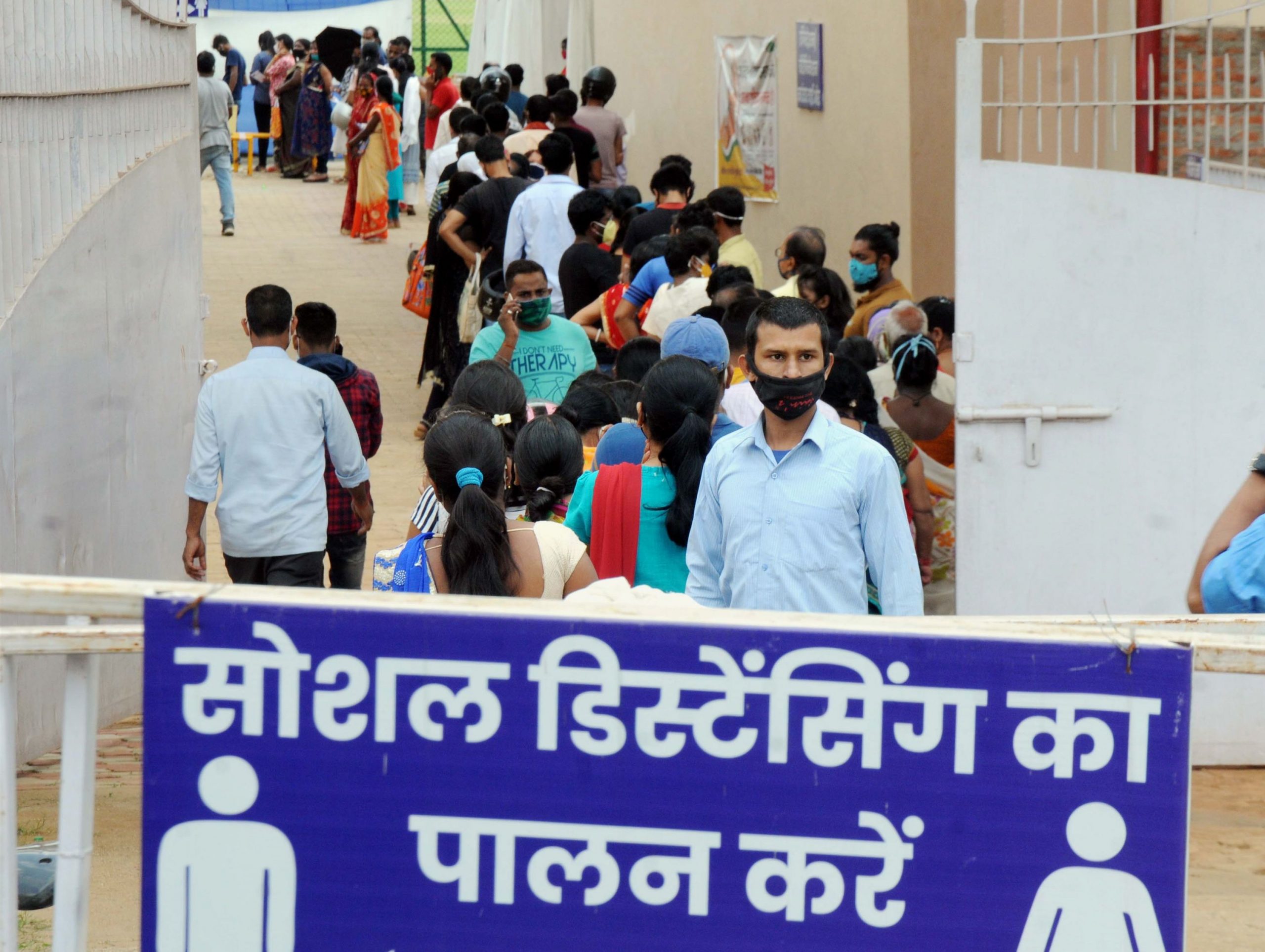The daily average COVID rate in Kerala has increased by 15.2% in over two weeks. According to Covid19India.org data, Kerala is contributing one in every four new COVID-19 cases reported in the country. These worrying figures from a state that had reported significantly lesser cases of coronavirus in the first and second COVID wave raises several questions. The most important being will the third COVID wave in India kick in via Kerala?
Also Read: Centre sounds warning bell, says next 100 days critical in fight against COVID
There has been a lot of conversations about a potential third wave of COVID in India. Some health experts and organisations suggest that the third wave will be deadlier and more problematic than the previous one. Others noted that another wave is inevitable but will be less deadly than the second wave. Here’s what ICMR says.
Will there be a third wave?
It is humanly impossible to tell if the pandemic will take another deadly turn for India, however, medical bodies and experts make certain predictions considering the developments in COVID-related projections.
Also Read: Third time the charm? All you need to know about COVID-19 booster shots
The Indian Council of Medical Research (ICMR) has recently issued a statement that the wave will begin as early as August and will be less deadly than the previous wave.
Will Kerala play a role in bringing about a third COVID wave?
According to Covid19India.org data, apart from North-Eastern states, no other state is showing the rise in COVID cases like Kerala. However, this does not mean that Kerala’s surge will bring about another wave.
Health experts suggest that while Kerala is reporting a huge surge in COVID cases, it must be noted that the projection is rising at a slow rate, which is a piece of good news. Hence it is unlikely that Kerala’s corona cases heralding will play a significant role in the introduction of a third wave.
Another factor is that the slow projections are despite easing of restrictions and less stringent lockdown. This means that these numbers might be able to be controlled if restrictions are imposed further, another explanation of why Kerala will not be responsible for another COVID wave.







